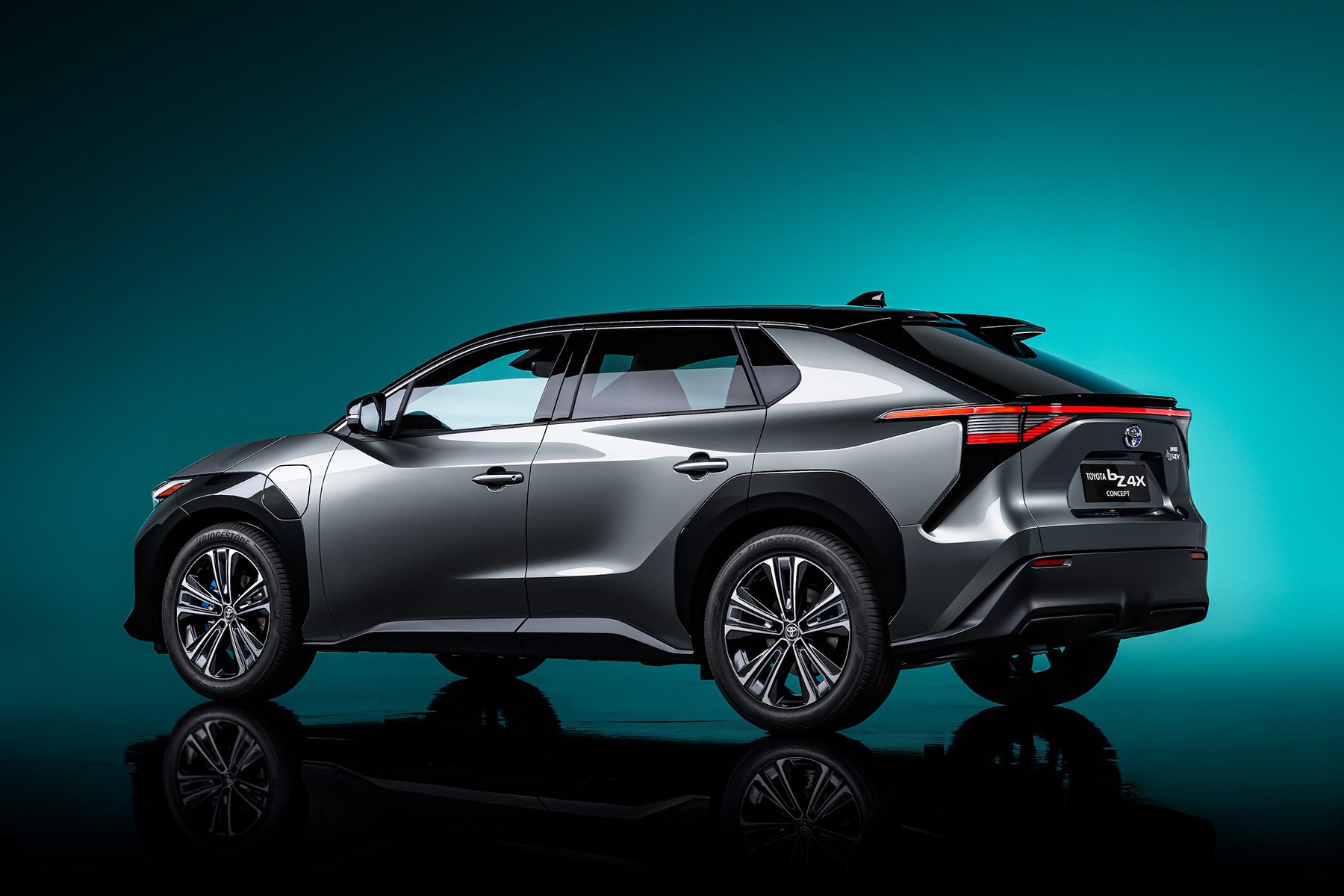Toyota: A Journey Through Innovation, Sustainability, and Global Leadership
Introduction:
Toyota, a name synonymous with reliability, efficiency, and innovation, has emerged as a global automotive giant with a profound impact on the industry. Founded in 1937 by Kiichiro Toyoda, the company has consistently pushed the boundaries of automotive engineering, setting benchmarks for quality, sustainability, and technological advancement. This article delves into Toyota's rich history, explores its key innovations, examines its commitment to sustainability, and analyzes its leadership in the global automotive market.
Historical Evolution:
Toyota's journey began with the vision of Kiichiro Toyoda, who aimed to create an automobile that would contribute to the economic development of Japan. The company started as Toyoda Automatic Loom Works, diversifying into automotive manufacturing to meet the growing demand. In 1936, the first prototype, the Model AA, was unveiled, marking the birth of the Toyota Motor Corporation a year later.
Post World War II, Toyota faced economic challenges but rebounded with the introduction of the Toyopet Crown, their first passenger car. The 1960s witnessed Toyota's foray into the international market, initially facing skepticism but gradually gaining acclaim for its reliability and fuel efficiency. The introduction of the Corolla in 1966 further solidified Toyota's reputation for producing durable and affordable vehicles.
Lean Manufacturing and Quality Revolution:
Toyota's revolutionary production system, often referred to as "lean manufacturing," has been a game-changer in the automotive industry. Developed by Taiichi Ohno, the Toyota Production System (TPS) focuses on eliminating waste, improving efficiency, and continuously optimizing processes. This system has not only streamlined Toyota's operations but has also been widely adopted across industries worldwide.
The concept of "Kaizen," or continuous improvement, is deeply embedded in Toyota's corporate culture. It emphasizes the involvement of every employee in identifying opportunities for improvement, fostering a culture of innovation and efficiency. This commitment to quality and constant improvement has played a pivotal role in establishing Toyota as a benchmark for reliability in the automotive sector.
Innovations in Automotive Technology:
Toyota has consistently been at the forefront of automotive innovation, introducing groundbreaking technologies that have set industry standards. One of the most notable contributions is the hybrid technology popularized by the Prius, introduced in 1997. The Prius marked a significant milestone in the automotive world as the first mass-produced hybrid vehicle, combining a gasoline engine with an electric motor to enhance fuel efficiency and reduce emissions.
Building on the success of hybrid technology, Toyota has continued to invest heavily in research and development, exploring alternative fuels and electric vehicles. The launch of the hydrogen fuel cell-powered Mirai and the commitment to an electrified future demonstrate Toyota's dedication to sustainable mobility solutions.
Sustainability Initiatives:
Toyota's commitment to sustainability extends beyond vehicle technology to encompass the entire manufacturing process and corporate practices. The company has set ambitious environmental goals, aiming to achieve carbon neutrality by 2050. Initiatives include investing in renewable energy, reducing carbon emissions from production, and promoting a circular economy by recycling and reusing materials.
The Toyota Environmental Challenge 2050 outlines six key objectives, including reducing global average carbon dioxide emissions from new vehicles by at least 90% compared to 2010 levels. The company is also actively promoting the development of a hydrogen-based society, envisioning a future where hydrogen serves as a clean and sustainable energy source.
Global Leadership and Market Presence:
Toyota's global success is reflected in its consistent position as one of the largest automakers by sales volume. The company's global presence is reinforced by a diverse product lineup that caters to various markets, from compact cars to robust SUVs and innovative hybrid and electric vehicles. The Camry, Corolla, and RAV4 have consistently ranked among the best-selling cars globally, showcasing Toyota's ability to resonate with a broad spectrum of consumers.
Toyota's leadership is not limited to sales numbers alone; it extends to industry influence and corporate responsibility. The company has been actively involved in shaping industry standards, collaborating with competitors, and contributing to the development of autonomous driving technologies. Toyota's emphasis on safety, reliability, and sustainability has elevated its status as a responsible corporate citizen in the global business landscape.
Challenges and Future Outlook:
Despite its remarkable success, Toyota faces challenges that come with the dynamic nature of the automotive industry. The shift towards electric vehicles, increased competition from new entrants, and the evolving landscape of mobility services present both opportunities and hurdles for the company.
Toyota's response to these challenges involves strategic partnerships, technological investments, and a commitment to staying at the forefront of innovation. The company's exploration of artificial intelligence, connected technologies, and advancements in autonomous driving demonstrates its proactive approach to future challenges.
Conclusion:
Toyota's journey from a modest automaker to a global powerhouse is a testament to its commitment to innovation, quality, and sustainability. The company's influence extends far beyond the automotive sector, shaping industry standards and contributing to the global push for a sustainable future.
As Toyota continues to navigate the challenges of a rapidly evolving automotive landscape, its core values of continuous improvement and customer satisfaction remain unwavering. Whether it's pioneering hybrid technology, revolutionizing manufacturing processes, or championing sustainability, Toyota's legacy is one of resilience, adaptability, and a relentless pursuit of excellence in the pursuit of a better automotive future.




